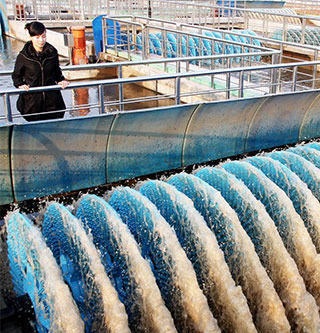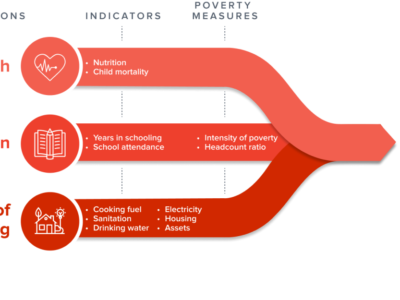A growing portion of China’s toilet waste is being converted into poo power (fertilizer and biogas. In Beijing, 6,800 tons of human excrement are treated each day, by some estimates: Enough to fill almost three Olympic-size swimming pools. Over the past decade, China’s economic ascent has driven millions of rural workers into its cities in the largest migration in human history. In 2013, the number of urban dwellers crossed 731 million, overtaking the rural population by more than 100 million. That’s forcing city planners to get creative in dealing with toilet refuse, and drawing engineers like Heinz-Peter Mang to help refine models.
With the lack of taboo around reusing fecal matter, it’s all about the science for safe reuse, and with more and more people moving into cities there’s an unprecedented opportunity.
Heinz-Peter Mang, University of Science and Technology Beijing
Globally, a variety of techniques are used to handle human waste: Some cities dump it in rivers, others choose to incinerate, and still others bury it in ditches. In one private plant in Beijing, human waste is channeled through a pipe into a machine, where unrecyclable solid material like tissue paper and plastic bags is separated. The rest then goes for separation: the solid waste is propelled into a compost wing to ferment at 60 degrees Celsius for ten days. The process kills harmful bacteria and ascaris eggs — or parasitic roundworms that infect humans — and turns the excrement into rich fertilizers for trees and vegetables. The liquid material is routed into tanks to generate biogas, and eventually pumped to bigger water treatment plants. Mang and other engineers are hoping this new model is adopted worldwide.






